Fruitarian Diet Overview, Its Benefits, And Side Effects
Explore this alternative plant-based diet to revitalize your health.

Image: Shutterstock
The fruitarian diet is a restrictive vegan diet that has many short-term benefits. This diet is rich in antioxidants and dietary fiber that help reduce inflammation and improve digestion. However, since the fruitarian diet does not include animal proteins and other nutrients, this diet is not recommended for a long duration. In this article, experts give you all the details about the fruitarian diet and the hidden dangers of following it for a prolonged period of time. Read on!
In This Article
What Is A Fruitarian Diet?
As the name suggests, a fruitarian diet is mainly a fruit diet with limited quantities of vegetables, dried fruits, nuts, and seeds. Shena Jaramillo, MS, RD, says, “The fruitarian diet is a subset of a vegan diet, which emphasizes the intake of fruit.” California-based RD, Brenna O’Malley, elaborates, “This diet excludes all animal products, limits the consumption of grains, legumes, and emphasizes raw food.”
Here is a full picture of what you can eat and what to avoid in the fruitarian diet. Take a look.
Key Takeaways
- You can eat fruits, vegetables, nuts, and seeds in a fruitarian diet and drink sugar-free beverages.
- You cannot eat animal products, beans, legumes, cooked food, grains, and processed foods.
- This diet reduces calorie intake, improves digestion, and increases potassium and folate intake.
- However, experts do not recommend this diet as eating fruits does not give your body enough nutrients.
What To Eat
- Sweet Fruits: Melons, banana, and grapes
- Acid Fruits: Oranges, lemons, tangerine, grapefruit, cranberries, and pineapples
- Oily Fruits: Avocado, olives, and coconut
- Subacid Fruits: Apples, figs, cherries, and raspberries
- Vegetable Fruits: Cucumber, tomato, squash, and bell peppers
- Nuts: Almonds, walnuts, pistachios, cashews, macadamia nuts, and hazelnuts
- Seeds: Pumpkin, sunflower, and melon seeds
- Vegetables: Limited amounts of all edible raw vegetables
- Beverages: Water, tea or coffee without sugar and cream, juices, coconut water, almond milk, and detox drinks
 Quick Tip
Quick TipWhat Not To Eat
- Animal Protein: Fish, chicken, mutton, lamb, beef, turkey, and veal
- Animal Products: Dairy (milk, buttermilk, yogurt, cheese), eggs, and milk bread
- Grains: Rice, wheat, oats, millets, barley, and sorghum
- Starches: Potato, corn, pasta, cereal, cornmeal, rice crackers, noodles, and saltine crackers
- Beans And Legumes: Peas, chickpeas, lentils, kidney beans, garbanzo beans, soybeans, black beans, navy beans, and peanuts
- Cooked Food: All cooked fruits and vegetables
- Processed Foods: Sausage, salami, pizza, burger, fried foods, frozen foods, jam and jellies, bottled sauces, ketchup, pickles, biscuits, and packaged fruit and vegetable juices
Even though the fruit diet is quite restrictive, it provides ample benefits when followed for a short period. Scroll down to know the positive side of the fruitarian diet.
The Benefits Of A Fruitarian Diet
- Improves Digestion
Fruits and vegetables are loaded with dietary fiber that helps improve digestion by increasing the number and types of gut-friendly bacteria (1). Fiber also helps reduce cholesterol (2).
- Rich In Antioxidants
Antioxidants help scavenge harmful free radicals to reduce toxins and inflammation in the body (3). Fruits and vegetables provide antioxidants like vitamin C and other plant nutrients that boost the immune system (4).
- Reduces Calorie Intake
Fruits and vegetables have fewer calories. Hence, being on a fruit diet for some time can help you restrict your calorie intake.
A blogger tried a fruitarian diet and shared her experience in a blog post. She says “To me, it feels like I am eating all day long. I rarely actually sit down to eat a “meal.” It is more like I am eating all day long, from morning ’til night, snacking on the best sugar on the planet! What a life!!! There is no way I could really record what and how I’m eating without being really anal (i)”.
- Increases Potassium Intake
Fruits like bananas, avocados, and apples are rich sources of potassium, which helps reduce high blood pressure (5).
- Increases Folate Intake
Citrus fruits are high in folate, which plays an important role in fetal development and red blood cell production (6), (7).
- Reduces Processed Food Intake
Processed foods are high-calorie, have no nutritional value, and are loaded with trans fats, sugar, and salt. Going on a fruitarian diet can help you avoid consuming these foods and lower the risk of health issues like obesity, diabetes, and heart disease (8).
- Reduces Animal Product Intake
Avoiding unhealthy animal products like sausage, salami, processed cheese, and animal-based processed food reduces the risk of high cholesterol, central obesity, and other comorbidities (9).
 Trivia
TriviaWe cannot deny the benefits of a short-term fruitarian diet, but is it a good option for weight loss? Let’s see what dietitians say.
Can The Fruit Diet Cause Weight Loss?
Kristin Gillespie, MS, RD, LDN, CNSC, says, “This diet could promote weight loss as most fruits are inherently low in calories. Most fruits (and other foods permitted on the diet) are also relatively filling because of their high fiber content.”
If a fruit diet can promote weight loss, why is it not recommended by experts? Find out below.
Why Is It Not Recommended By Experts?
Dietitians and experts do not recommend the fruitarian diet for weight loss or in general. Michelle Rauch, MS, RD, explains, “While this diet may cause weight loss as you are consuming fewer calories, fruits do not contain all the nutrients that your body needs and could lead to nutritional deficiencies. The lack of dietary iron in this diet could leave you anemic. The lack of dietary calcium may eventually lead to osteoporosis.” She adds, “Any diet that eliminates multiple food groups should not be followed long term.”
Kristin Gillespie echoes the same thought. “Most experts would not recommend this diet as it is extremely restrictive and lacks many nutrients,” she says. Registered dietitian, Brenna O’Malley expresses concern about the ill effects of this diet and says, “It would be hard to meet your body’s needs eating in this way, and I would be concerned about malnutrition, disordered eating, and the intentions behind following this diet.”
Board-certified physician, Dr. Anthony Puopolo says, “It is not a healthy and consistent diet. People need consistent protein, healthy fats, and fibers that cannot be found eating only fruit.”
Nutritional deficiencies are not the only concern. There are many other hidden adverse effects of being on the fruit diet, as discussed below.
Dangers Of The Fruitarian Diet
- Causes Protein Deficiency
The fruitarian diet eliminates all protein sources, including plant-based proteins like legumes, beans, mushrooms, and soy. Protein deficiency causes lack of energy and muscle loss (10), (11).
- Triggers Other Nutritional Deficiencies
The restrictive fruitarian diet may also cause calcium, vitamin B12, iodine, choline, omega 3, and iron deficiencies. These are crucial for bone health, neurological health, and preventing anemia (12), (13), (14).
- May Increase The Blood Sugar Levels
Fruits contain fruit sugar, which can increase blood sugar levels. According to Shena Jaramillo, MS, RD, “It will be specifically harmful for people with diabetes or kidney disease as their sugar, potassium, and phosphorus levels need to be closely monitored.”
Michelle Rauch, MS, RD, states, “Eating large quantities of fruit is unhealthy. Fructose is a simple sugar like glucose, and an excessive amount of fructose can lead to insulin resistance and other long-term liver issues due to the way it is metabolized. The high blood sugar levels will also leave you feeling tired.”
- Causes Tooth Decay
The high sugar and fruit acids can damage the tooth enamel and cause tooth decay. Nutritional deficiencies and malnutrition can also drive poor oral health, tooth cavity, microbial biofilm (plaque), and reduced wound healing (15).
- Increases Food Cravings
Although vegetables and fruits are high in fiber, you need to consume a balanced diet to reduce cravings. Your brain signals when your body needs certain nutrients. As a result, no matter how much fruit and vegetables you consume, you will feel hungry and dissatisfied.
- May Cause Weight Gain
Reduced calorie intake can push the body to starvation mode, meaning, your body will start storing every calorie you consume. This metabolic change reduces your energy levels. Why? That’s your brain’s strategy to minimize calorie expenditure. As a result, you will feel lazy, sluggish, feel drowsy, and have blurred vision, mood swings, and constant food cravings. This, in turn, will make you eat more and gain weight instead of losing it.
- Disordered Eating
A Fruitarian diet may lead to disordered eating patterns, which may also have psychological consequences. Extreme restrictions on food choices can lead to feelings of deprivation, an unhealthy food obsession, and an increased risk of eating disorders like orthorexia or binge eating.
These are the reasons dietitians do not advise being on the fruitarian diet for too long. However, you can try this diet for a limited period. Scroll down to the following section to know what the experts advise.
How Long Is It Safe To Be On A Fruit Diet?
A week or less is the ideal time to be on the fruit diet safely. “I would not recommend adhering to this diet for a long-term (longer than a week) as it lacks several key nutrients and may lead to malnutrition and nutritional deficiencies,” says Kristin Gillespie, MS, RD, LDN, CNSC.
You may argue that you can be on supplements to make up for the nutrient deficiency. Well, we have news for you. Scroll down.
Can Supplements Help?
Courtney D’Angelo, MS, RD, debunks a common misconception that supplements can help fulfill nutritional deficiency in the fruitarian diet. She says, “Supplements cannot help as the fruitarian diet is mainly for flushing out your system (detoxification). You don’t need supplements to help with that.” That’s why you cannot be on this diet for more than a week or less.
Is it ok for anyone to be on the fruitarian diet for a week? Here’s what experts say.
Avoid Fruitarian Diet If…
Most experts advise that everyone should avoid the fruitarian diet! Dietitians agree that the disadvantages outweigh the advantages. From mood swings and weight gain to anemia and diabetes – the health risks are way too high. “No one should follow a fruitarian diet, and it will be specifically harmful to someone with diabetes or kidney disease,” says Shena Jaramillo, MS, RD. “Because this diet is loaded with carbohydrates, specifically sugars. Those who are sensitive to sugar and have conditions like diabetes, prediabetes, PCOS, or insulin resistance should avoid it,” adds Kristin Gillespie, MS, RD, LDN, CNSC. Pregnant women should also avoid it.
The fruitarian diet is a completely vegan diet that is restricted to having mostly fruits, vegetables, nuts, and seeds, alongwith few sugar-free beverages. This diet excludes any kind of animal protein or products and limits the intake of grains and legumes. While this diet gives you an ample amount of fiber-rich options and reduces your calorie intake, it may lead to a protein and mineral imbalance if you follow a fruitarian diet for a longer period of time. Iron and calcium deficiency, and an increase in blood sugar levels maybe some of the possible side effects of this diet in the long run. Hence, it is advisable to consult a licensed nutritionist or dietician for proper guidance.
Frequently Asked Questions
Do fruitarians live longer?
Including fruits as part of your daily balanced meals can help you stay healthier. However, a diet of only fruits is not healthy or beneficial beyond a week.
No, infact a fruitarian diet lacks in protein majorly and may lead to loss of muscle.
The world of raw veganism, with its vibrant colors and tastes, is and intriguing one to explore. The video below captures the essence of a raw vegan experiment and its three-day journey. Watch it to learn more about this lifestyle!
Personal Experience: Source
StyleCraze's articles are interwoven with authentic personal narratives that provide depth and resonance to our content. Below are the sources of the personal accounts referenced in this article.
(i) Daily Fruit + Playhttps://myfruitarianlife.blogspot.com/2010/10/daily-fruit-play_21.html
References
Articles on StyleCraze are backed by verified information from peer-reviewed and academic research papers, reputed organizations, research institutions, and medical associations to ensure accuracy and relevance. Read our editorial policy to learn more.
- Health Benefits of Fruits and Vegetables
https://www.ncbi.nlm.nih.gov/labs/pmc/articles/PMC3649719/ - Cholesterol-lowering effects of dietary fiber: a meta-analysis
https://pubmed.ncbi.nlm.nih.gov/9925120/ - Free radicals antioxidants and functional foods: Impact on human health
https://www.ncbi.nlm.nih.gov/pmc/articles/PMC3249911/ - Free Radicals Antioxidants in Disease and Health
https://www.ncbi.nlm.nih.gov/labs/pmc/articles/PMC3614697/ - The importance of potassium in managing hypertension
https://pubmed.ncbi.nlm.nih.gov/21403995/ - Folic Acid Supplementation and Pregnancy: More Than Just Neural Tube Defect Prevention
https://www.ncbi.nlm.nih.gov/labs/pmc/articles/PMC3218540/ - New insights into erythropoiesis: the roles of folate vitamin B12 and iron
https://pubmed.ncbi.nlm.nih.gov/15189115/ - Ultra-Processed Foods and Health Outcomes: A Narrative Review
https://pubmed.ncbi.nlm.nih.gov/32630022/ - Children and adults should avoid consuming animal products to reduce risk for chronic disease: YES
https://pubmed.ncbi.nlm.nih.gov/32889521/ - Kwashiorkor
https://www.ncbi.nlm.nih.gov/books/NBK507876/ - Dietary Protein and Muscle Mass: Translating Science to Application and Health Benefit
https://www.ncbi.nlm.nih.gov/pmc/articles/PMC6566799/ - The role of dietary calcium in bone health
https://pubmed.ncbi.nlm.nih.gov/15018485/ - Vitamin B12 Deficiency
https://www.ncbi.nlm.nih.gov/books/NBK441923/ - Iron Deficiency Anemia
https://www.ncbi.nlm.nih.gov/books/NBK448065/ - Malnutrition and its Oral Outcome – A Review
https://www.ncbi.nlm.nih.gov/labs/pmc/articles/PMC3576783/
Read full bio of Hannah Whittaker
Read full bio of Ravi Teja Tadimalla
Read full bio of Sindhu Koganti






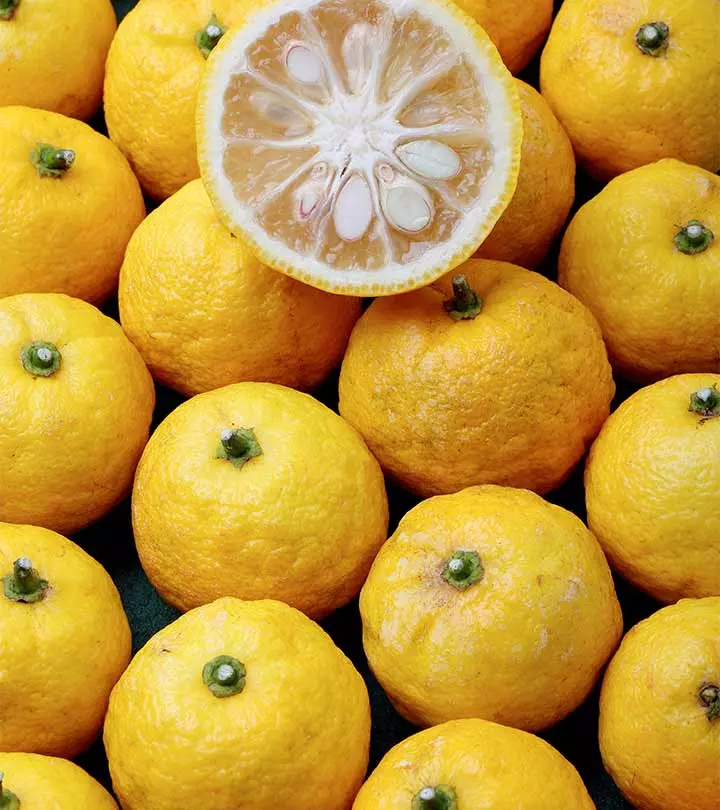
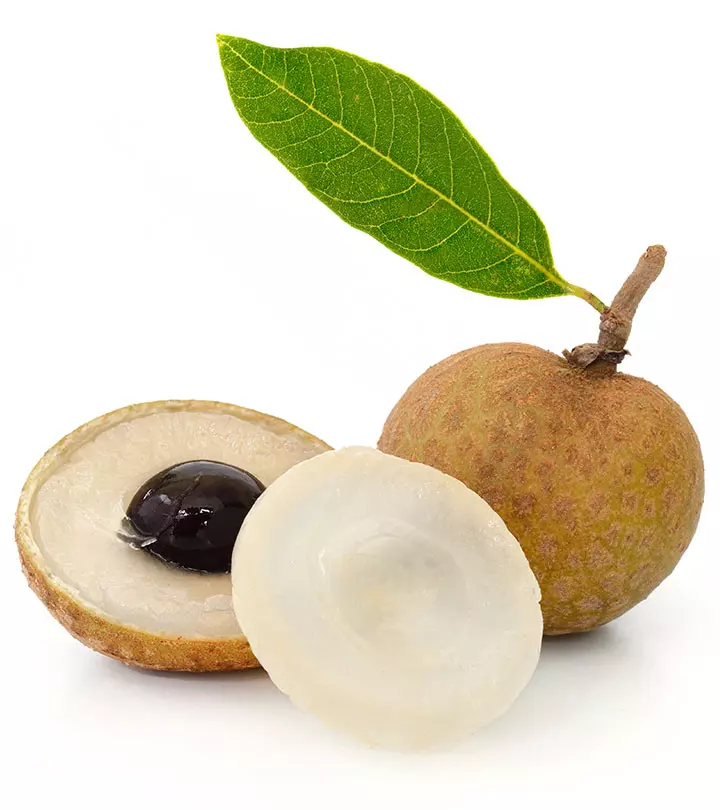

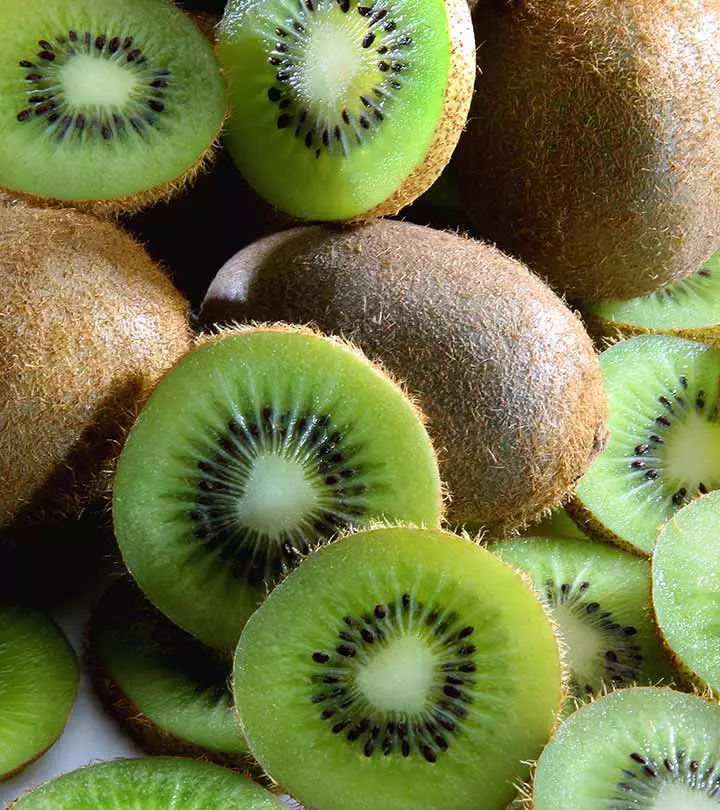

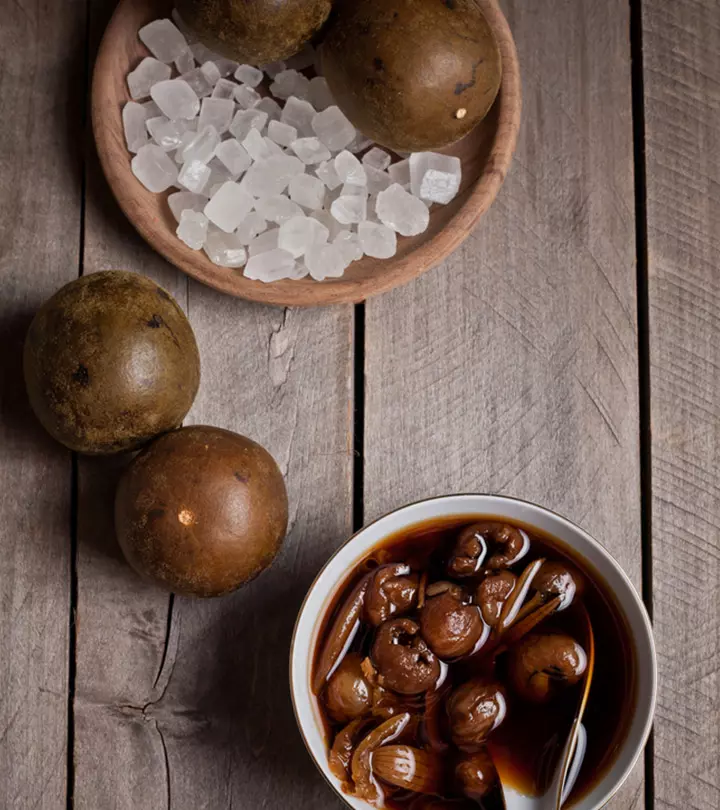

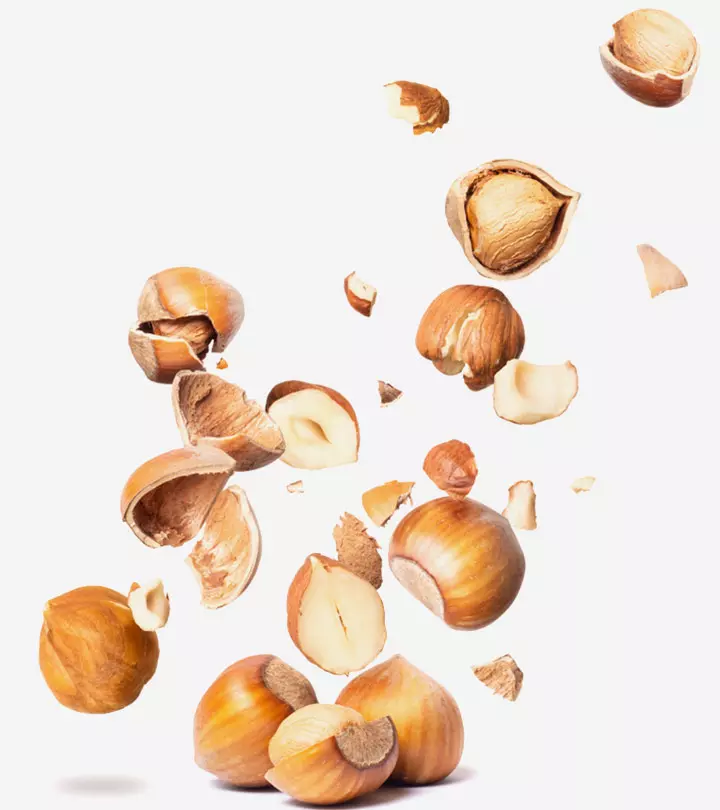
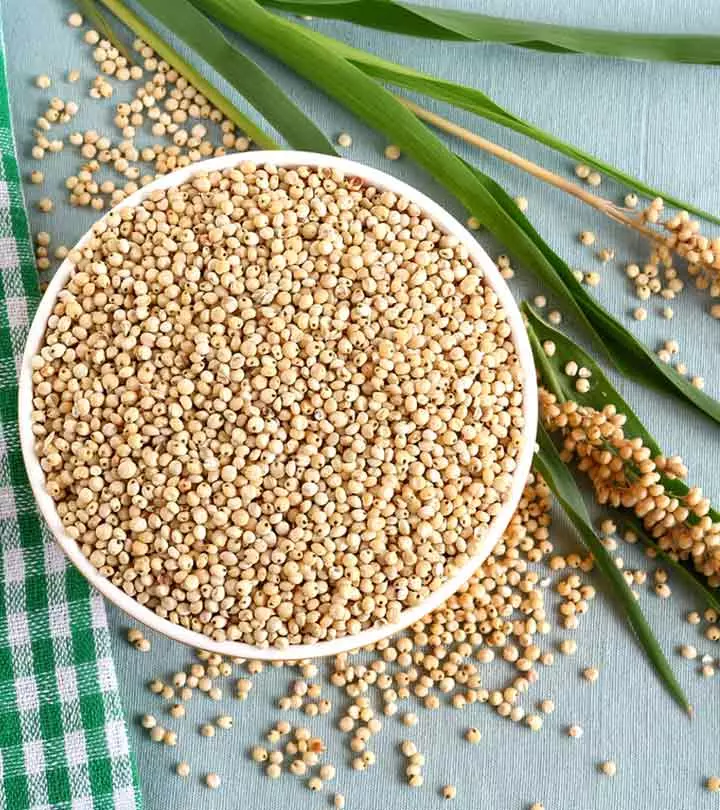
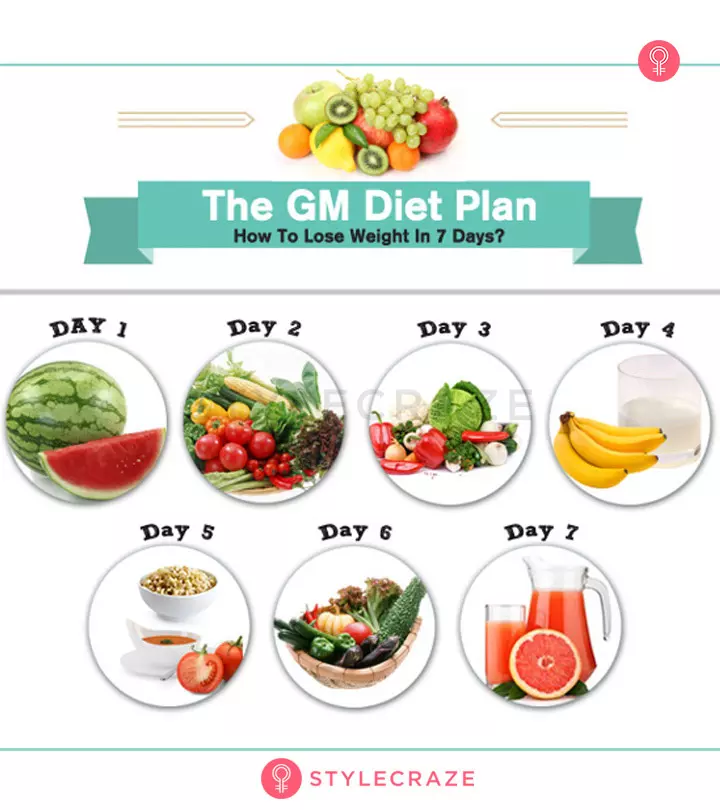



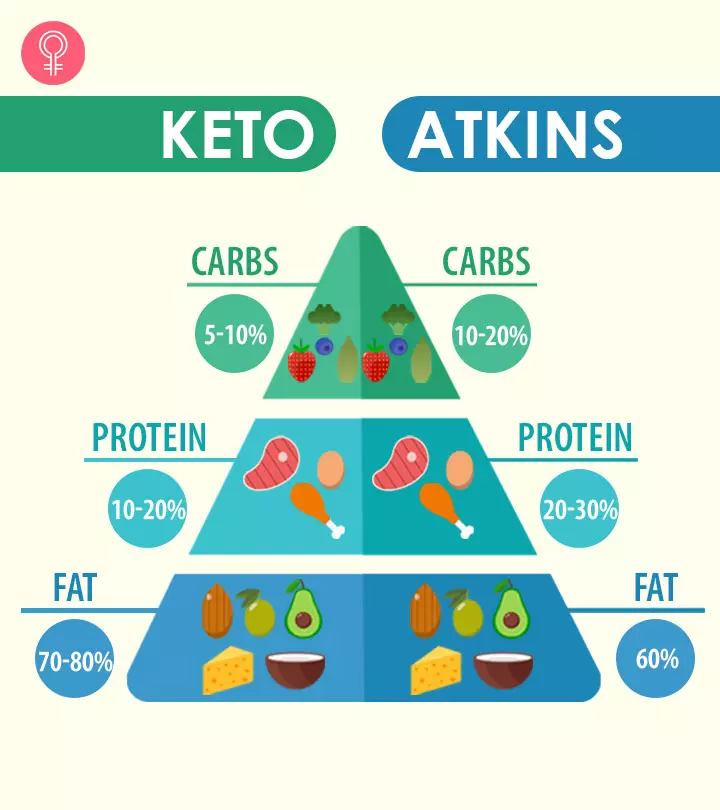
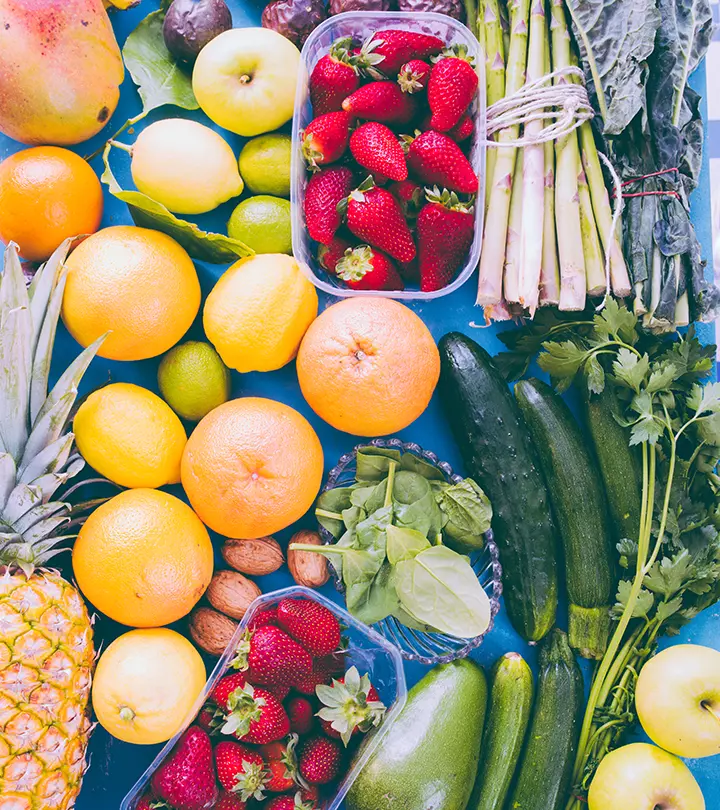
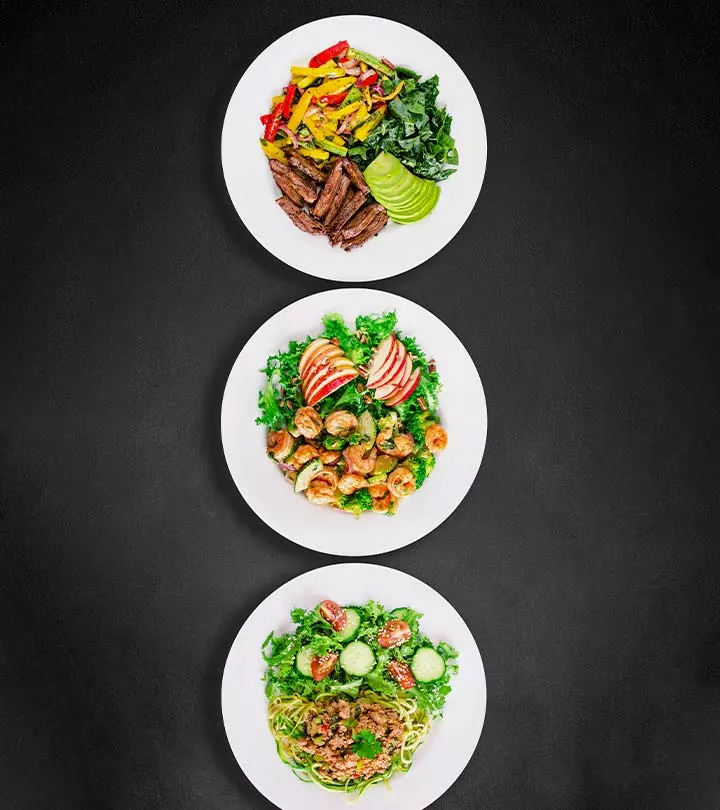

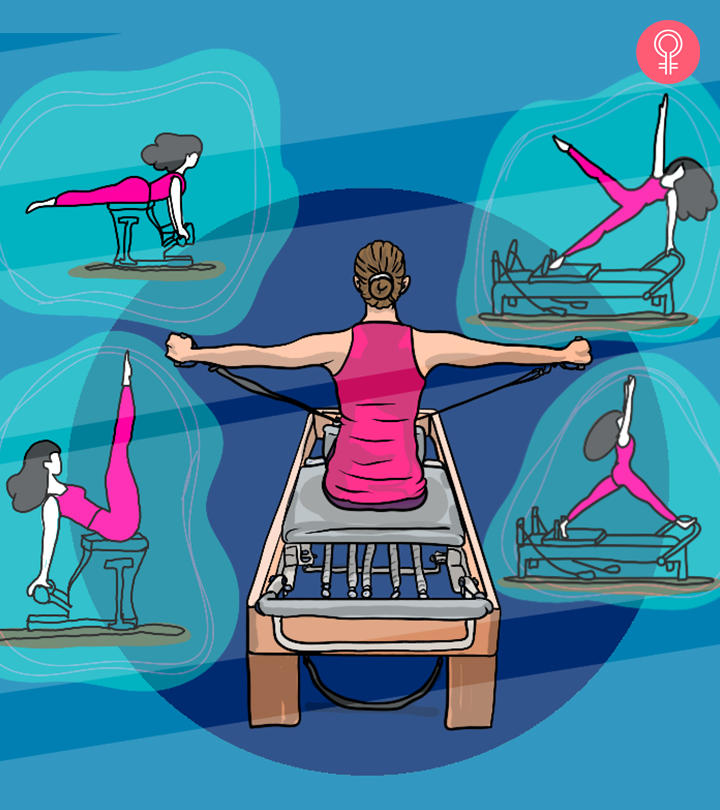
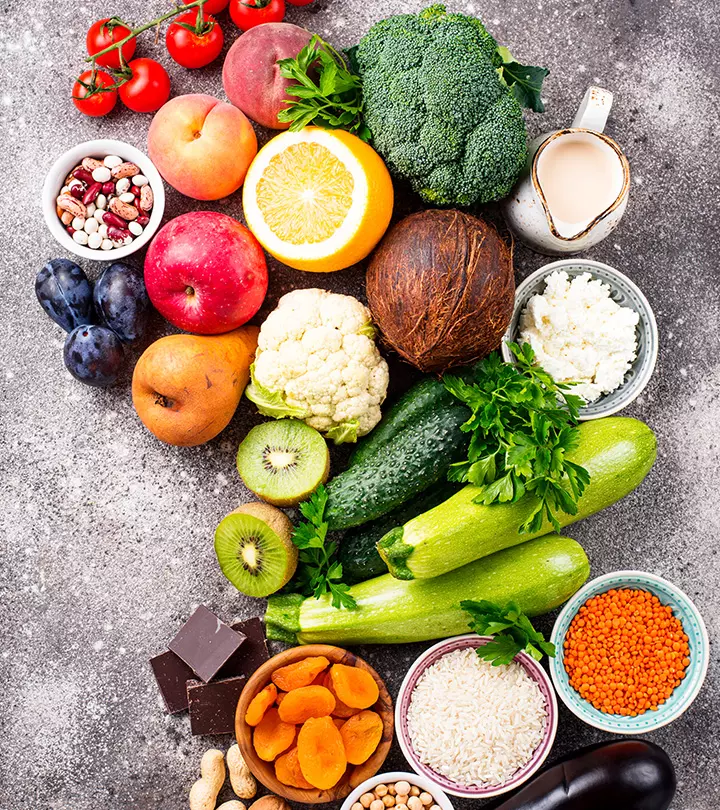
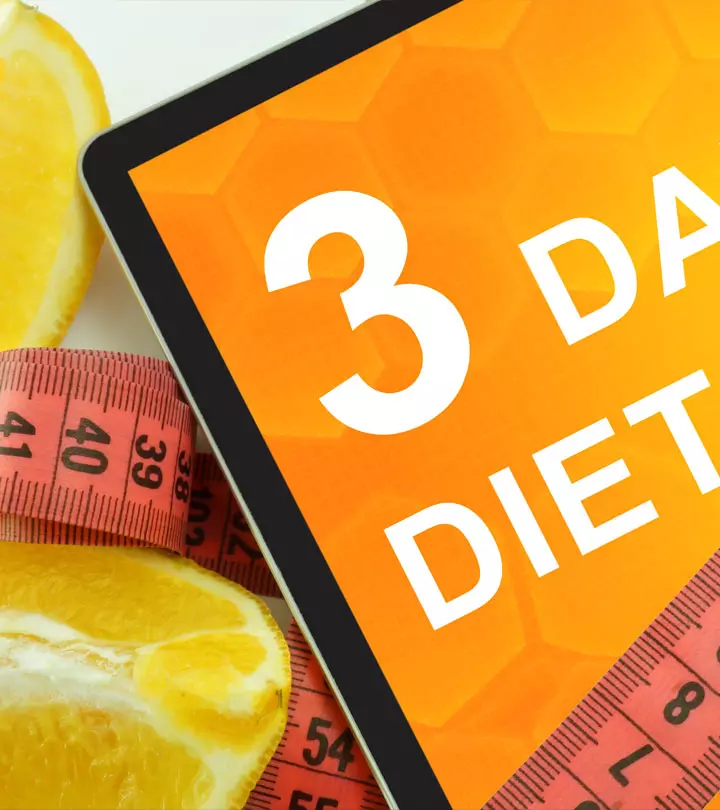

Community Experiences
Join the conversation and become a part of our empowering community! Share your stories, experiences, and insights to connect with other beauty, lifestyle, and health enthusiasts.